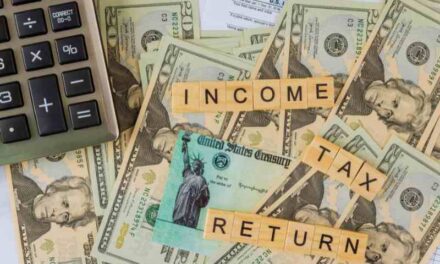Taxation is a crucial aspect of any modern economy, and understanding the fundamentals of taxation is essential for anyone who wants to be financially literate. In this blog post, we will provide an overview of taxation, including its definition, types, and importance.
Definition of Taxation
Taxation refers to the process of imposing financial charges or levies by the government on individuals, businesses, or other entities to raise revenue to fund public services and infrastructure. Taxes are mandatory payments, and non-compliance can lead to penalties or legal action.
Types of Taxes
There are several types of taxes that governments use to generate revenue. Some of the most common types of taxes include:
- Income tax: Income tax is levied on the income of individuals, corporations, and other legal entities. The tax rate typically varies based on the level of income, with higher earners paying a higher percentage of their income in tax.
- Sales tax: Sales tax is a tax on goods and services purchased by consumers. The tax rate is typically a percentage of the total cost of the item or service.
- Property tax: Property tax is a tax on real estate, including homes, land, and commercial buildings. The tax rate is typically based on the assessed value of the property.
- Excise tax: Excise tax is a tax on specific goods and services, such as alcohol, tobacco, gasoline, and luxury items.
- Payroll tax: Payroll tax is a tax on the wages and salaries of employees. Both employers and employees typically contribute to the payroll tax.
- Estate tax: Estate tax is a tax on the value of a person’s estate after they pass away. The tax rate varies depending on the size of the estate.
Importance of Taxation
Taxation plays a crucial role in funding government activities and services, including education, healthcare, transportation, and public safety. It is a primary source of revenue for governments at all levels, from local to national. Taxes also play a role in regulating the economy and redistributing wealth.
Funding Public Services
The primary purpose of taxation is to generate revenue to fund public services and infrastructure. Governments use tax revenue to build and maintain roads, bridges, and other transportation infrastructure. They also use it to fund public schools and universities, healthcare programs, and public safety initiatives. Without taxes, it would be difficult for governments to provide these essential services.
Regulating the Economy
Taxes can be used to regulate the economy by encouraging or discouraging certain behaviors. For example, taxes on cigarettes and alcohol are meant to discourage their use. Taxes on luxury items are intended to discourage excessive spending and encourage saving. On the other hand, tax breaks and incentives can encourage investment, research and development, and job creation.
Redistributing Wealth
Taxes can also be used to redistribute wealth from high-income earners to low-income earners. Progressive tax systems, which charge higher tax rates on higher incomes, are meant to reduce income inequality. Governments can also use taxes to fund social programs and welfare programs that provide assistance to those in need.
Conclusion
In conclusion, taxation is a critical aspect of any modern economy. It provides governments with the revenue they need to fund public services and infrastructure, regulate the economy, and redistribute wealth. Understanding the different types of taxes and their role in the economy can help individuals make informed financial decisions and participate in the democratic process.

Meet Krishnaprasath Krishnamoorthy, a finance content writer with a wealth of knowledge and experience in the insurance, mortgage, taxation, law, and real estate industries.





